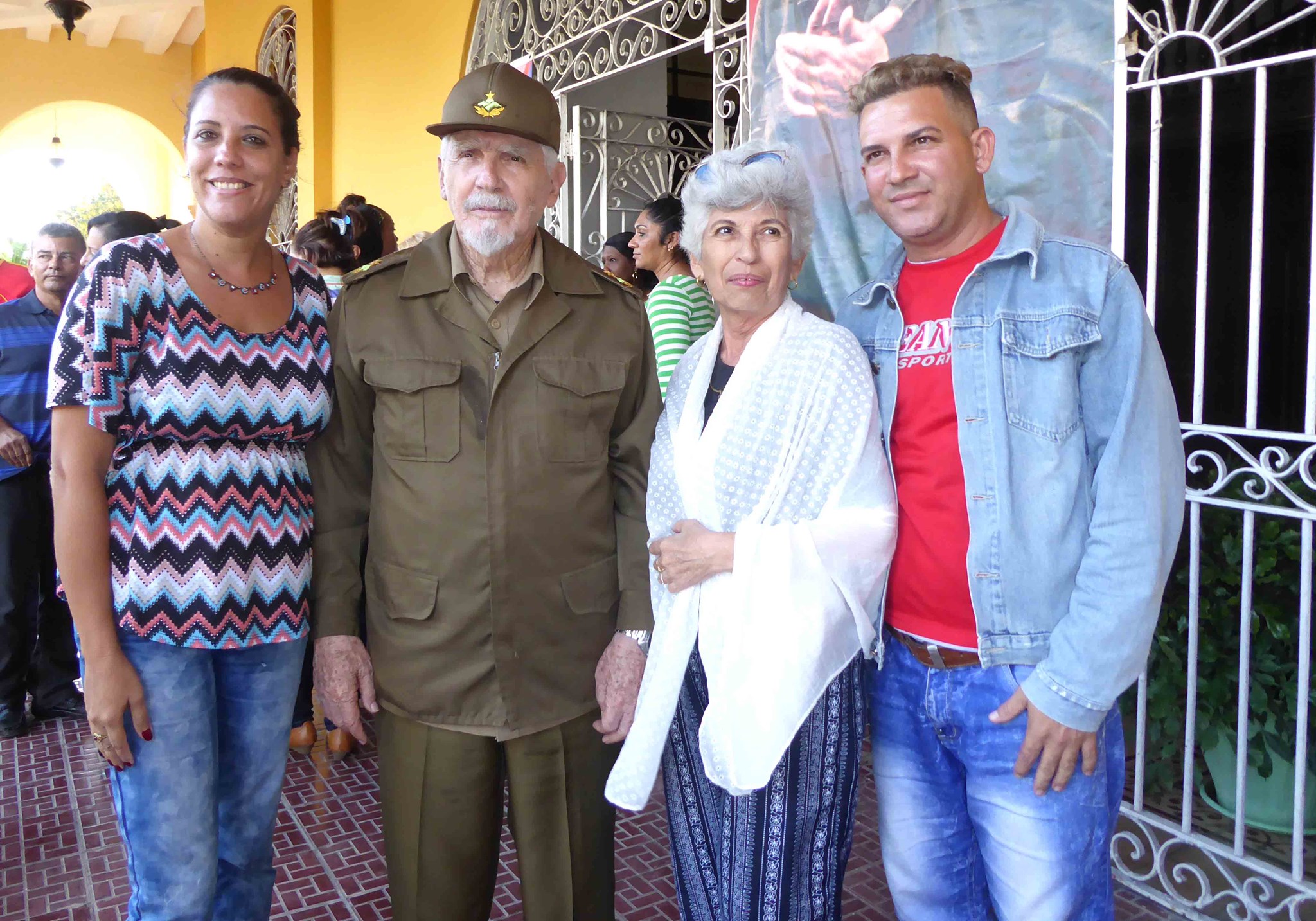CAMAGÜEY.- As a child she dreamed of being a teacher or a nurse, but literature sparked her interest in journalism. There, in her native Senado she discovered the Soviet classics, Jules Verne and Emilio Salgari. Bárbara Suárez Ávalos has been a journalist for more than 40 years, and she still feels for her profession that passion of the first day. She has just received the Rolando Ramírez Provincial Award for the Work of Life.
She remembers her student days with nostalgia. Then the newspaper was her home, she told Claudia Artiles, a colleague from Radio Camagüey, a few days ago.
“All my practices were in the Adelante newspaper . The flat press fascinates me, and if I could I would have spent my whole life on it”, she expresses with affection.
As it happens when things are destined to be in life, she came to the radio by chance. In this environment, she discovered the immediacy and the possibility of relating with the ease of the voice and the richness of sounds. Without hesitation, she considers the opportunity to do radio as one of the best experiences of her career.
Progreso radio station represents for this woman the possibility of getting closer to the Cuban family. As a correspondent for this station, she addresses multiple social issues of great popular interest. "It captivated me with its profile and allows me to delve into seemingly simple issues that people need to hear."
For Barbara, being a journalist is not simple. Honesty towards readers and listeners becomes a golden rule. The desire to inform immediately, or to do it first, cannot beat the quality of the work: “You always have to think that the person listening doesn't know everything, and sometimes we forget that. Be honest and respect the public's time”, she expresses with conviction.
Ethics represents a main element. Having firm opinions in all scenarios is important, but "we cannot be one thing in front of the microphone and then change our behavior in our neighborhood or community."
Nowadays, journalism is in constant question. For this radio host,once she chooses her profession, there is no time or place to stop practicing it. Perhaps because more than living from that, you have to live for it. "I am a journalist 24 hours a day, even sleeping I am a journalist."
Four decades is time for the experience of events and the birth of anecdotes. She still remembers when she was at the house of some friends and the Exchange House (Cadeca) on the corner caught fire and she practically jumped from the balcony in that suit that she never takes off. She also had the opportunity to share with Commander in Chief Fidel Castro, an experience she will not forget.
When talking about journalistic dynamics, she compares those of years ago with those of now. “I started with typewriters, which today are museum pieces of the media”, and she confesses that she still has hers. "I had to learn and adapt to new technologies, luckily I've had good teachers." In the current context, social networks constitute a challenge for the exercise of the profession, they have become platforms to spread news, whether real or not. "One of the challenges of the journalist is to generate content, to counter disinformation."
She offers her advice to the new generations of reporters: “We must be careful and not lose our passion, wherever we are. People will always see you as a journalist.
“Journalism allows you to get to many people, from a head of state to the humblest worker. It helps to enrich spirituality. It is, without a doubt, the best job in the world.”
Translated by Yesenia Prieto (3rd Year English Language Student)
Reviewed by Linet Acuña Quilez

